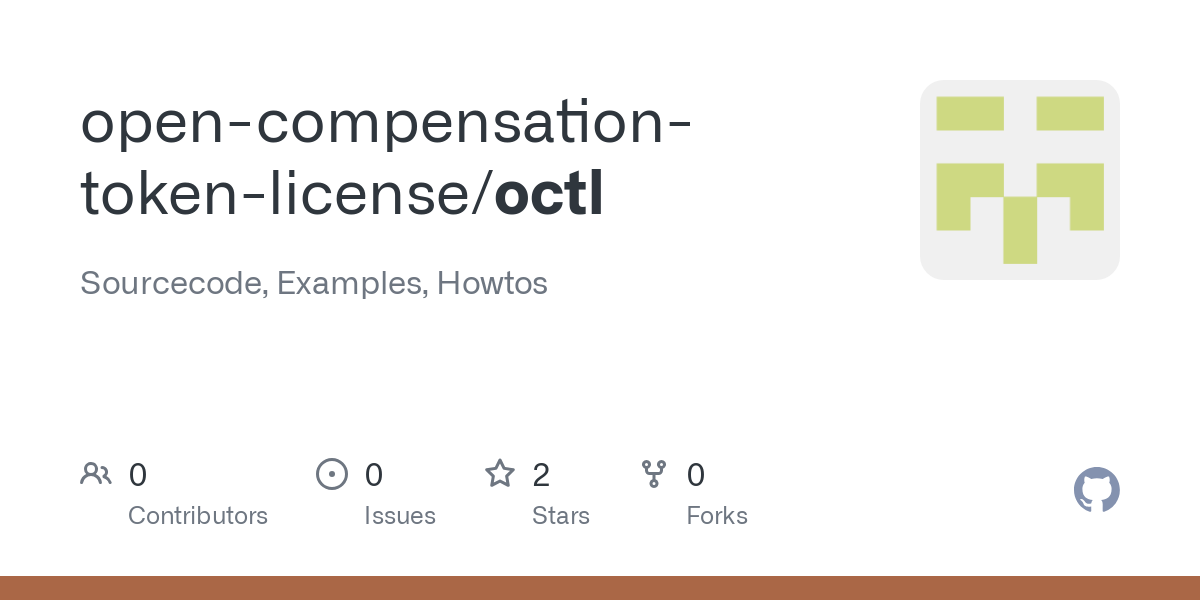Introduction
As the open-source software (OSS) movement reshapes our digital landscape, its sustainability hangs in the balance. With 95% of OSS projects facing abandonment due to inadequate compensation for developers, a transformative solution emerges: the Open Compensation Token License (OCTL). This innovative token-based model leverages blockchain technology to create a fair and rewarding ecosystem for software developers.
The Paradox of Open Source
The OSS paradigm contributes an astounding $8.8 trillion in value, yet many projects languish in obscurity due to insufficient funding and support. This alarming trend raises questions about the viability of OSS as a sustainable model for software development. The OCTL aims to flip this narrative by ensuring financial incentives for developers through tokenization.
Token-Based Licensing: A Breakthrough Approach
At the heart of the OCTL is the concept of token-based licensing, which uses smart contracts and non-fungible tokens (NFTs) to manage software royalties and copyright. By representing licenses as blockchain artifacts, the OCTL creates a transparent system that distributes revenue to developers when their code is commercially utilized. This move not only enhances authenticity but also opens innovative funding models for software development.
Benefits of the OCTL
The OCTL proposes a plethora of advantages:
- Reduced dependency on grants and donations by establishing direct compensation mechanisms.
- Improved scalability within the NFT market, allowing for a broader range of stakeholders to benefit.
- Facilitated easy trading of software licenses, promoting an active secondary market for development.
- Automated royalty distribution model aligning compensation with utilization.
Addressing Current Challenges in Open Source
Traditional OSS funding methods such as grants, donations, and corporate sponsorship have proven inadequate for many new projects. The OCTL critically addresses the limitations of these models by introducing:
- A uniform and fair licensing structure that compensates developers for commercial use of their code.
- A robust mechanism eliminating the trust barrier in collaborations among developers.
- A decentralized way to validate contributions while maintaining the anonymity of contributors.
The Future Landscape of Software Development
As we look towards the future, the integration of blockchain technology with traditional software licensing is positioned to create new revenue streams for developers. By fostering a culture of financial support and recognition, the OCTL could significantly alter the dynamics of software development, making it profitable and sustainable. This burgeoning model not only encourages innovation but ensures that as the OSS ecosystem grows, so too do the opportunities for developers.
Key Takeaways
- The OCTL introduces a revolutionary token-based licensing framework to sustain open-source software development.
- It seeks to mitigate the high abandonment rates of OSS projects by guaranteeing compensation for developers.
- By leveraging blockchain technology, OCTL enhances transparency and facilitates the trading of licenses.
- This new model fosters a healthier ecosystem, making open-source development a viable career path for coders.

